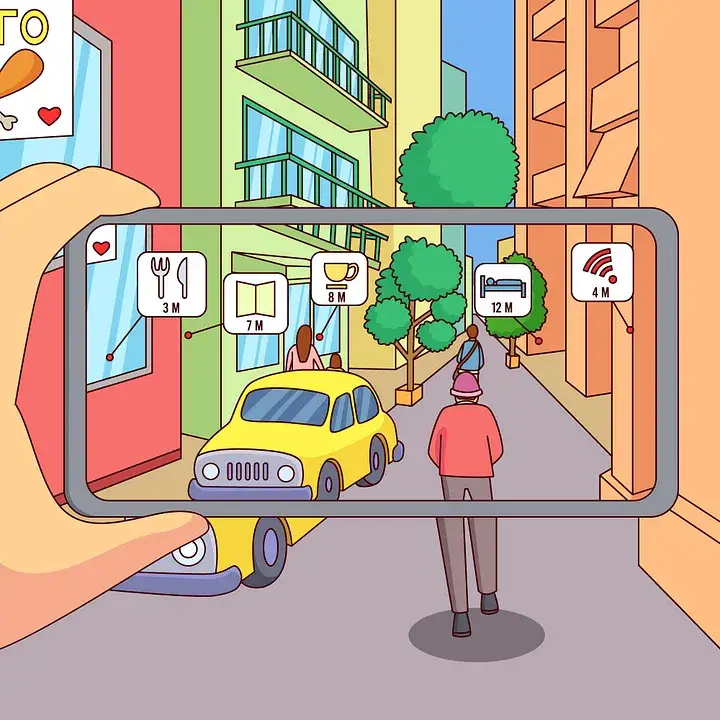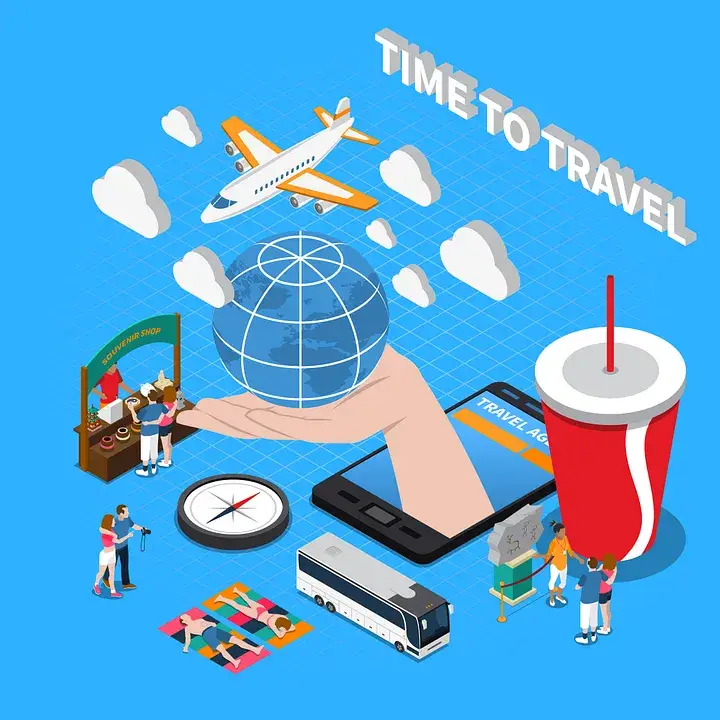How AR & VR Mobile Apps are Transforming Travel and Tourism
In the age of digital innovation, Augmented Reality (AR) and Virtual Reality (VR) have emerged as dynamic technologies revolutionizing the travel and tourism industry. With the integration of AR and VR into mobile apps, the way we explore destinations and plan our trips is transforming remarkably. In this article, we will delve into the potential of AR and VR mobile apps to enhance travel and tourism experiences, making them more immersive, interactive, and personalized.
Immersive Destination Experiences
AR and VR mobile apps are reshaping how we experience travel and tourism. With AR, travellers can access real-time information and overlays that enhance their physical surroundings. Imagine holding up your smartphone and instantly receiving information about historical landmarks, points of interest, or even virtual tour guides providing commentary. AR enriches our understanding of destinations, immersing us in their culture, history, and stories.
Conversely, VR transports us to entirely new realms, virtually teleporting us to destinations we may not have the opportunity to visit physically. Through VR mobile apps, travellers can explore iconic landmarks, walk through ancient ruins, or dive into vibrant underwater ecosystems, all from their homes. VR provides unparalleled immersion and opens up new possibilities for armchair travellers.

Enhanced Trip Planning
Moreover, AR and VR mobile apps facilitate trip planning and decision-making. With AR, travellers can preview hotel rooms, visualize travel itineraries, and even try virtual tours before making reservations. VR allows travellers to experience a destination’s ambience, attractions, and accommodations, helping them make informed choices and curating personalized travel experiences.

Improved Safety and Navigation
These technologies also enhance safety and convenience during travel. AR mobile apps can provide real-time navigation, directly displaying directions and points of interest on our screens. VR mobile apps can simulate emergency scenarios, allowing travellers to familiarize themselves with safety procedures and potential risks. By offering these features, AR and VR apps contribute to a smoother, more secure travel experience.
Virtual Social Connections
AR and VR mobile apps also offer virtual collaboration and social interaction opportunities. Travellers can connect with other explorers, share recommendations, and engage in immersive group experiences, even when physically separated. These apps foster a sense of community, enriching the travel experience through shared knowledge and experiences.

The Future of Travel Technology
In short, AR and VR mobile apps can revolutionize travel and tourism, creating more immersive, interactive, and personalized experiences. By leveraging these technologies, travellers can explore destinations innovatively, make informed decisions, enhance safety, and connect with a global community of fellow adventurers. As AR and VR advance, we can expect an even more transformative impact on how we travel, allowing us to explore the world like never before.
Let’s embrace the potential of AR and VR mobile apps and embark on unforgettable journeys that blur the lines between the physical and virtual realms. Develop such apps to make the most of the travel market with Equitysoft. Contact us here for more information.





